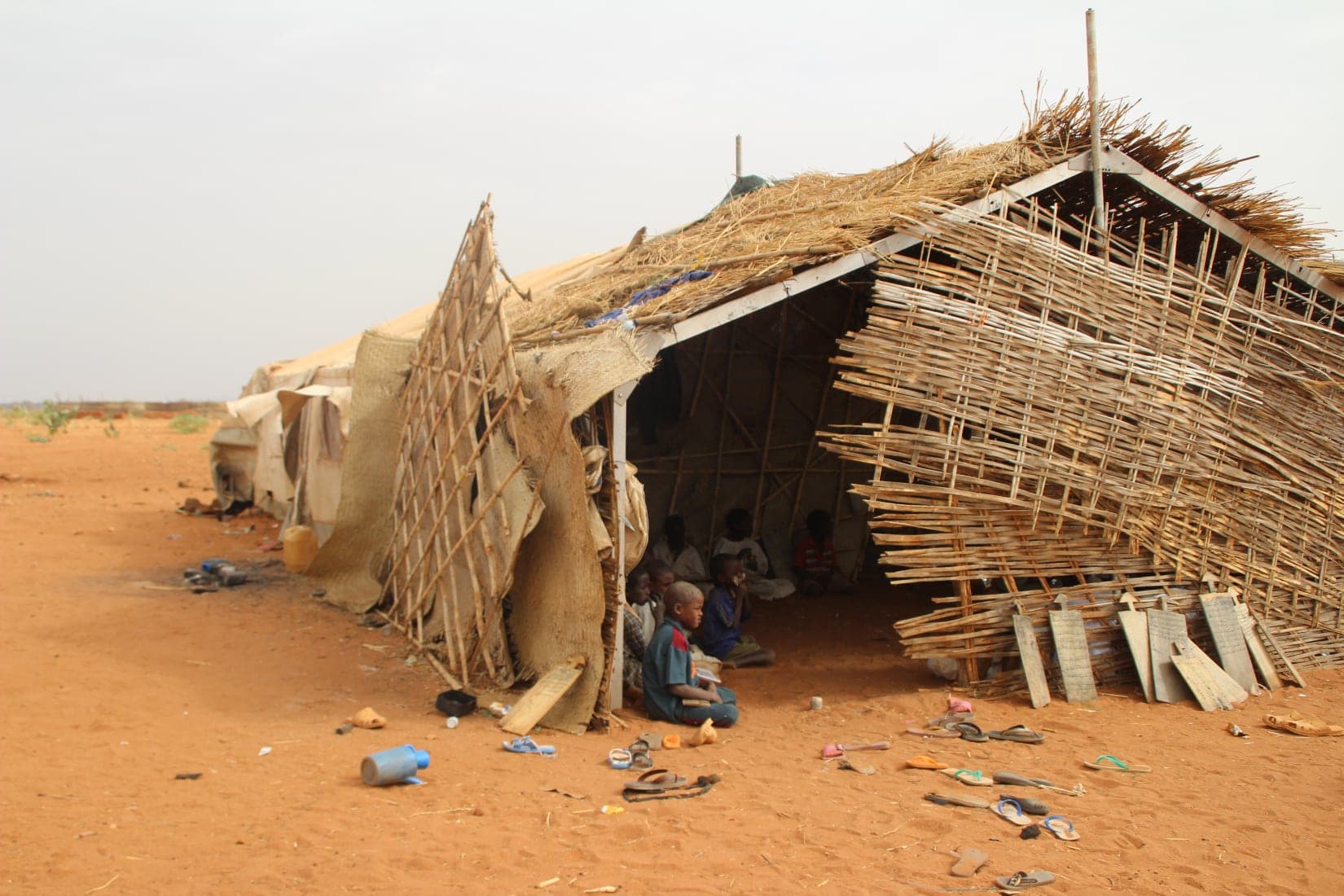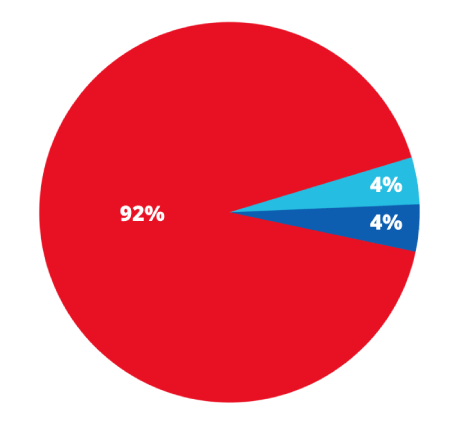Could you live off of $1.90 per day? According to the World Bank, $1.90 per day is the threshold for extreme poverty, reflecting the average amount of money needed to provide basic necessities of life – food, water, shelter, clothing, healthcare – for people in the world’s 15 poorest countries.
Thanks to driving economic growth over the past few decades, extreme poverty had been declining significantly until recently. In 2015, the number of people living on less than $1.90 per day dipped under 10 percent of the world’s population for the first time. But worryingly, since 2020 and the start of the COVID-19 pandemic, poverty is on the rise again. Jobs have been lost and economic slowdowns have affected every corner of the globe.
Extreme poverty is more than just lacking money and nice things. It’s a state of living detrimental to one’s physical and mental health. In America, we might consider ourselves less well-off if we have to choose to dine out less, or choose not to buy something we might want, in order to afford things we truly need. But the 700 million-plus people worldwide who live on less than $1.90 per day don’t even have the opportunity to make that choice. They are unable to afford even their own basic necessities without support from their community or from humanitarian aid groups. As a result, people in extreme poverty face harmful, deadly consequences in the short- and long-term, including poor health, a lack of education, homelessness, an inability to support a family, and an overall lack of stability that results in shorter lifespans.
Most of the countries with the highest rates of extreme poverty are located in sub-Saharan Africa, and many of these countries (including South Sudan, Equatorial Guinea, Burundi, the Democratic Republic of the Congo, and the Central African Republic) also rank very low in life expectancy, malnutrition, child mortality, and educational achievement. Solving poverty is the key to giving all people the freedom to live dignified, healthy lives.
This is a tall task. But organizations like Embrace Relief play an important role in reducing extreme poverty around the world. We work with people on the ground in some of the world’s poorest countries, identifying the most urgent needs and delivering on whatever scale we can achieve. Every little bit of support could make a life-changing difference in the lives of real people.
How Embrace Relief helps fight extreme poverty
All eight of Embrace Relief’s humanitarian programs address the consequences of extreme poverty, either directly or indirectly. In this respect, our programs broadly fall into three categories:
- Direct material support: Our Hunger Relief, Disaster Relief and Refugee Relief programs provide the basic necessities of life to people in immediate distress. We provide food to the hungry, shelter to those fleeing natural disasters or conflict, and any urgent support required by people in desperate situations.
- Sustainable infrastructure: Our Clean Water, Health and Raise the Children programs support infrastructure – water wells, health clinics and orphanages, respectively – that reduce the challenges people, especially children, face every day. By providing community-wide facilities that are built to last, Embrace Relief is giving people the chance to grow and thrive no matter where they live and how much income they make.
- Investing in future generations: Our Education and Women’s Empowerment programs provide people in underdeveloped countries the opportunity to develop their skills and enhance their learning, giving them the opportunity to advance in society. These are long-term projects whose benefits will be seen when our students graduate and move on to economically productive adult careers, part of a rising tide that will lift all boats.
For more information on any of Embrace Relief’s programs, click one of the links above. And if you are able, we humbly ask you to donate to your program of choice. Every dollar you donate brings us one step closer to eradicating extreme poverty and creating a world that gives all human beings a chance to achieve all they can.





















